-
llkktth168 ha inviato un aggiornamento 2 anni, 5 mesi fa
http://www.zhuoanmedical.com/
Can face masks help slow the spread of the coronavirus (SARS-CoV-2) that causes COVID-19? Yes. Face masks combined with other preventive measures, such as getting vaccinated, frequent hand-washing and physical distancing, can help slow the spread of the virus.The U.S. Centers for Disease Control and Prevention (CDC) recommends fabric masks for the general public. If you’re fully vaccinated and are in an area with a high number of new COVID-19 cases, the CDC recommends wearing a mask indoors in public and outdoors in crowded areas or when you are in close contact with unvaccinated people. People who haven’t been fully vaccinated should wear face disposable masks indoors and outdoors where there is a high risk of COVID-19 transmission, such as crowded events or large gatherings. The CDC says that surgical N95 masks should be reserved for health care providers. Respirators such as KN95s and non-surgical N95s can be used by the general public when supplies are available.
The World Health Organization (WHO) recommends medical masks for health care workers as well as for anyone who has or may have COVID-19 or who is caring for someone who has or may have COVID-19.
How do the different types of masks work?
Medical masks
Also called surgical masks, these are loosefitting disposable masks. They’re meant to protect the wearer from contact with droplets and sprays that may contain germs. A 3ply medical disposable mask also filters out large particles in the air when the wearer breathes in.
To make medical masks more form-fitting, knot the ear loops where they attach to the mask. Then fold and tuck the unneeded material under the edges.
N95 masks
An N95 mask is a type of respirator. It offers more protection than a medical mask does because it filters out both large and small particles when the wearer inhales. Non-surgical N95s can be used by the general public when supplies are available.
